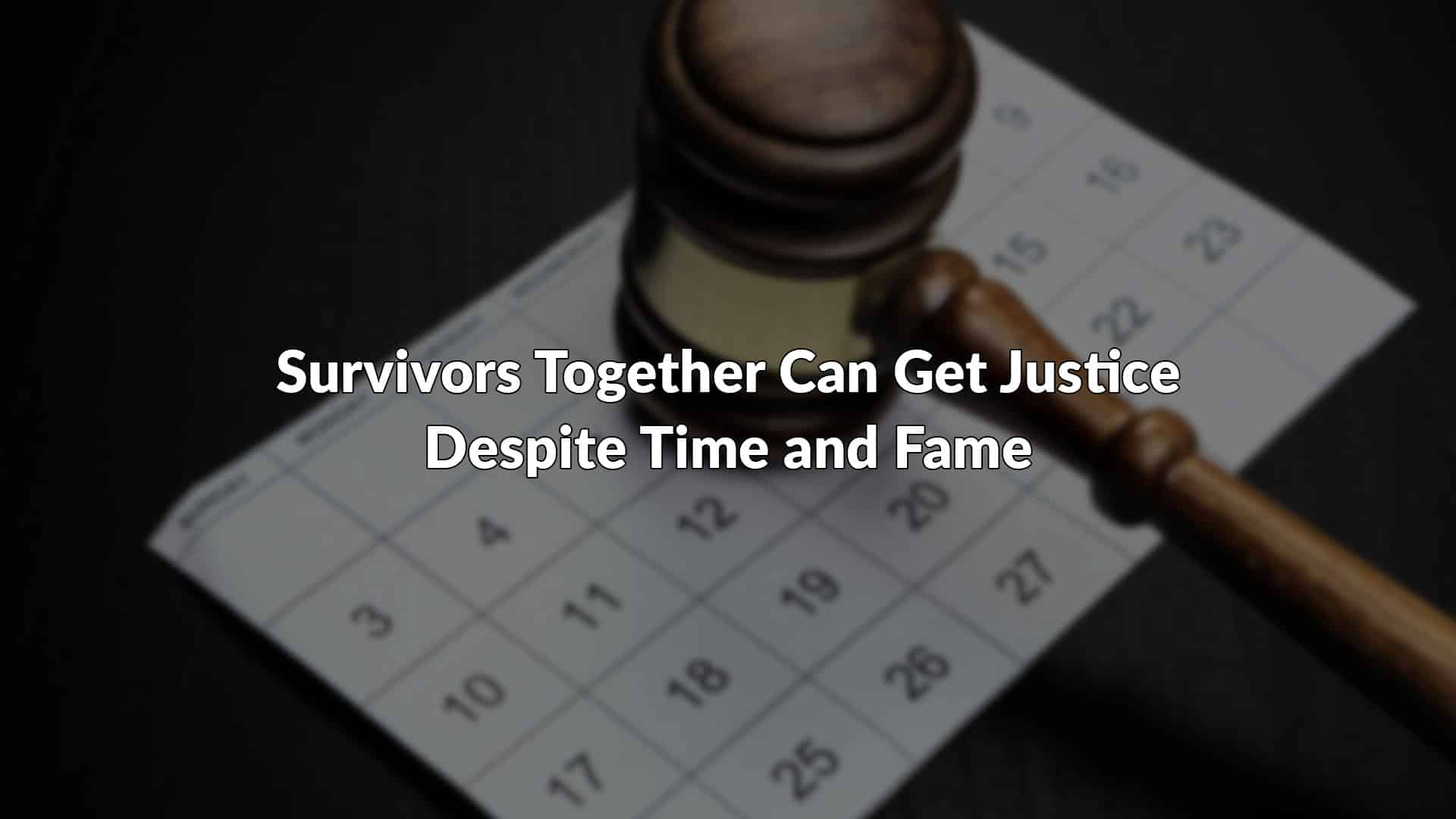
Secondly, Yvette remarked that the possible exploitative situations a victim could be induced to commit covered under the statute should be broadened from exclusively “sexual acts” to “any acts” to avoid any gaps in the legislation’s reach. The rationale for this expansion is because perpetrators can use sexual images to exploit their victims to commit sexual or non-sexual acts, as may be the case for some survivors of labor trafficking.

Additionally, the statute protects individuals who were induced to participate in an activity because of a “threat of economic injury or injury to reputation.” Yvette pointed out for sex workers or imperfect victims, due to the lack of respect these individuals receive when they have been victims of crime, it may be difficult to prove how they were harmed under that wording of the statute. As a result, Amara suggested an expansion of that section’s language to encompass any inducement by threat to a victim’s safety, security, or privacy to ensure protection for the most amount of people as possible. Lastly, Yvette, alongside other non-profit organizations, emphasized the need to address the issue of youth creating or disseminating sexual images of themselves or other youths to others. It is a daunting, but necessary task to discuss ways to avoid masses of minors being charged with creation or distribution of child pornography for this activity.
However, present governments witnesses, such as the Public Defenders Office, at the public hearing indicated amending the existing extortion statute to include sexual extortion is unwarranted. Amongst the various criticisms, notably it was mentioned the sexual extortion amendment could potentially cause more harm than good because there are already existing laws that effectively target the crime. Therefore, if the amendment proceeds, it would create numerous overlapping laws, which in turn, would create inconsistency of how sexual extortion perpetrators are prosecuted.
Amara, in conjunction with other organizations and government agencies, will continue this discussion to ensure the next steps are the most effective and necessary to have sexual extortion crimes adequately addressed.
You can watch the testimony HERE.
Elizabeth Lajayi is a 2L at Howard University School of Law and a legal intern at Amara Legal Center. Elizabeth is interning at Amara because of her passion in assisting people in achieving their human and civil rights.



